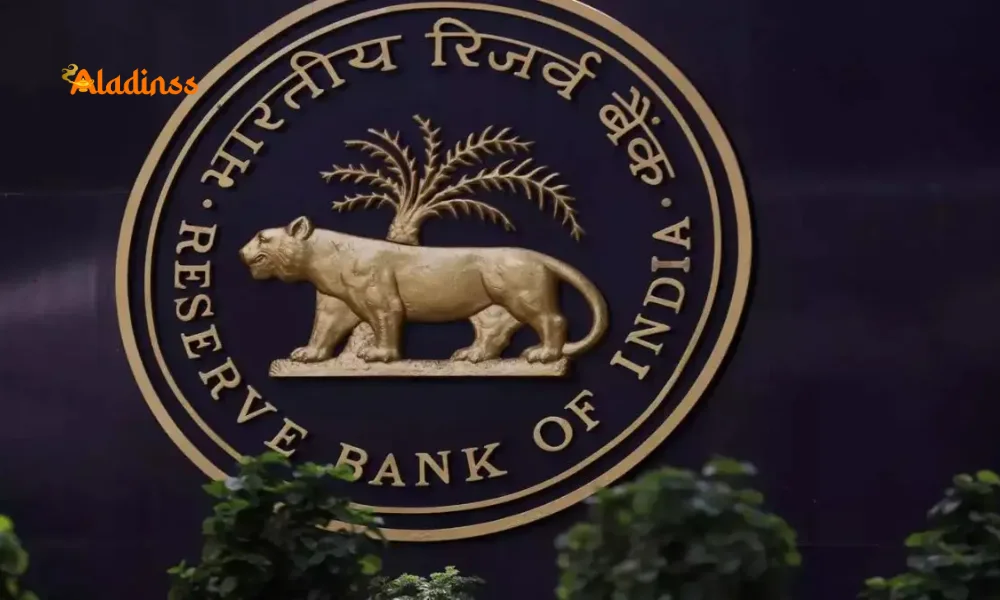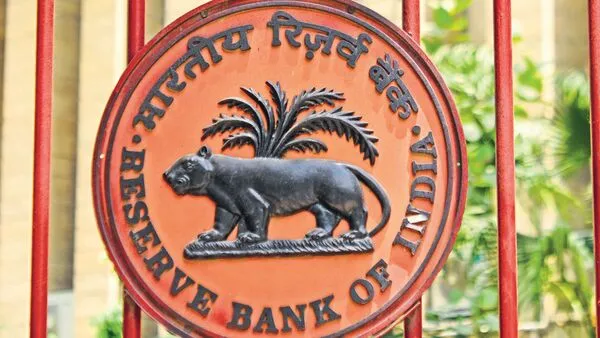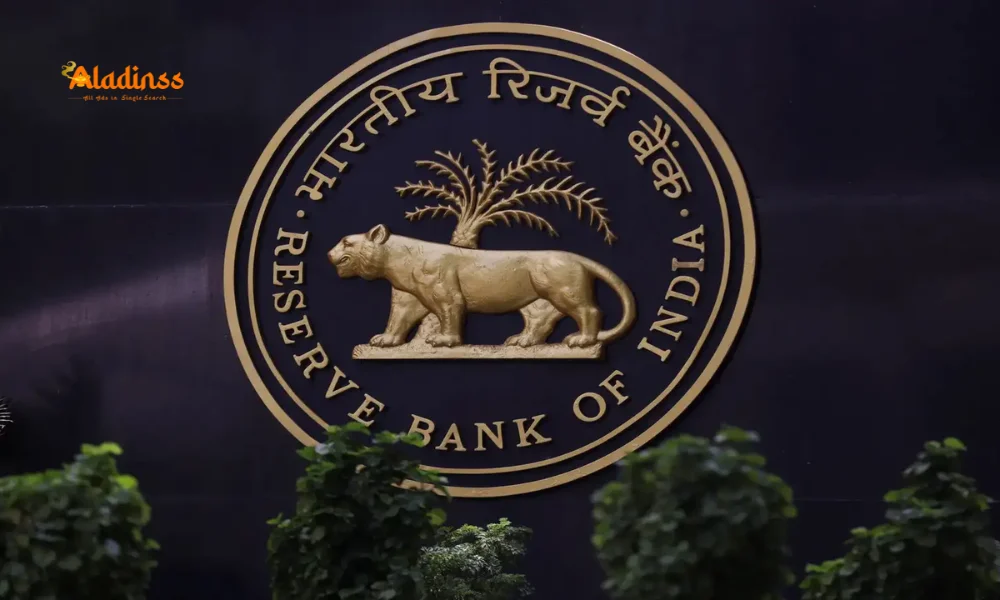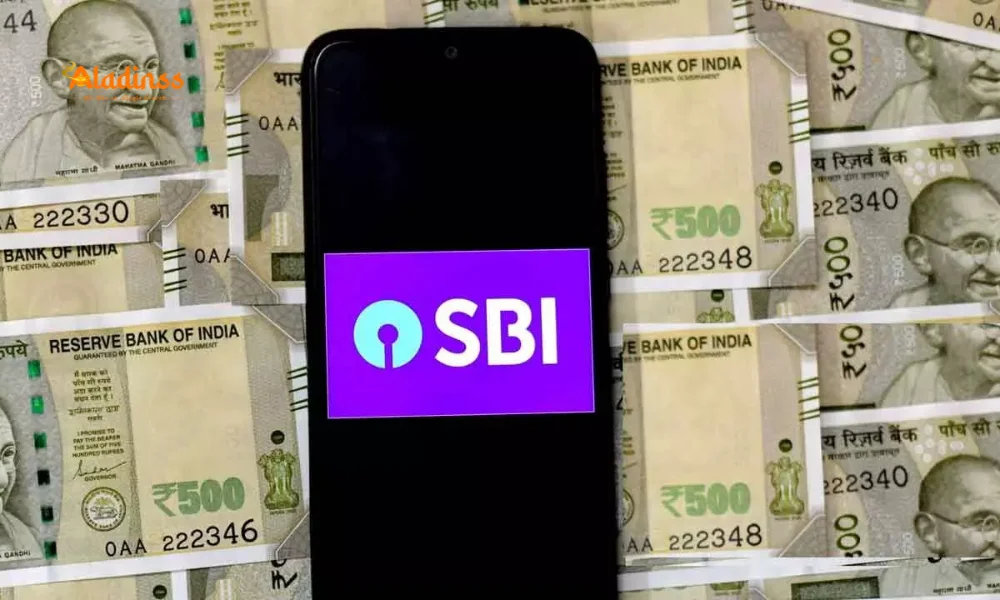2025 Personal Loan RBI Update TN Kerala Salaried

2025 Personal Loan Rules Update: How New RBI Guidelines Will Affect Salaried Employees in Tamil Nadu and Kerala
In the evolving landscape of personal finance in India, the 2025 Personal Loan Rules Update from the Reserve Bank of India (RBI) marks a significant shift, particularly for salaried employees in regions like Tamil Nadu and Kerala. Announced on May 8, 2025, as part of the Digital Lending Directions, these guidelines aim to enhance transparency, curb over-borrowing, and protect borrowers from hidden fees. For IT professionals in Chennai's bustling tech hubs or teachers in Kerala's serene coastal towns, this means more predictable EMIs and fairer lending practices. With India's personal loan market projected to reach ₹77.72 billion by FY2032, understanding these changes is crucial for making informed decisions without falling into debt traps.
The updates come at a time when salaried workers in South India face rising living costs think surging property prices in Coimbatore or education expenses in Thiruvananthapuram. The RBI's focus on a 50% cap on total EMIs relative to net monthly income ensures that loans don't overwhelm monthly budgets. This is especially relevant for the 60% of Tamil Nadu's workforce in salaried roles, many earning between ₹30,000 and ₹1 lakh, who rely on personal loans for emergencies or home renovations.
As we delve deeper, we'll explore how these rules translate into real-world impacts, from easier approvals to stricter credit checks. Whether you're a software engineer in Kochi eyeing a family vacation or a government employee in Madurai planning a wedding, these guidelines could redefine your borrowing strategy in 2025.

What the 2025 RBI Guidelines Mean for Borrowers
The core of the 2025 Personal Loan Rules Update revolves around transparency and borrower protection. Previously, lenders could bury fees in fine print, leading to surprises at repayment time. Now, every personal loan must include a Key Facts Statement (KFS) detailing the total cost, including interest, processing fees, and any penalties. For salaried employees in Tamil Nadu, where average salaries hover around ₹45,000 monthly, this means no more opaque charges from local NBFCs like those in Erode or Salem.
In Kerala, with its high literacy rate and financial awareness, these rules align perfectly with the state's emphasis on ethical banking. The RBI mandates 15-day credit reporting, so your CIBIL score updates faster ideal for quick successive loans, like consolidating debt after a job switch in the tourism sector. Risk weights for unsecured loans have risen to 125%, pushing banks to offer better rates to low-risk salaried profiles, but it might tighten approvals for those with irregular bonuses common in Kerala's seasonal industries.
Another key change is the EMI cap at 50% of net income. If you're a ₹50,000 earner in Trichy, your total EMIs across all loans can't exceed ₹25,000. This prevents the debt spirals seen in pre-2025 cases, where over-leveraged borrowers in Coimbatore's textile mills faced defaults. Silver collateral loans are now easier, up to 10kg for ornaments, benefiting Kerala's gold-loving culture for emergency funding.
Overall, these guidelines foster a safer ecosystem. In Tamil Nadu's urban centers like Chennai, where personal loan disbursals hit ₹2.5 lakh crore in FY2024, expect more digital platforms complying swiftly. Kerala's cooperative banks, handling 20% of regional loans, will adapt by simplifying KYC with PAN-Aadhaar linkage, reducing paperwork for busy professionals.
Step-by-Step Guide to Applying for a Personal Loan Under New Rules
Navigating the updated process is straightforward, especially with digital tools mandated by RBI. Start by assessing your eligibility: As a salaried employee, ensure your take-home pay supports the 50% EMI rule. Use online calculators from banks like SBI or Federal Bank, popular in Kerala, to simulate scenarios.
- Check Credit Score: Pull your CIBIL report now updated bi-weekly. Aim for 750+; salaried folks in Tamil Nadu's IT parks often score high due to steady PF contributions.
- Gather Documents: Updated KYC includes Aadhaar, PAN, salary slips (last 3 months), and Form 16. For Keralites, bank statements from local accounts like those at Catholic Syrian Bank speed things up.
- Compare Lenders: Review KFS on apps from HDFC or ICICI. Look for rates under 12% for salaried, with no prepayment penalties over 2%.
- Apply Online: Submit via lender portals; approval in 24-48 hours thanks to faster reporting. In Chennai, fintechs like Paytm integrate RBI-compliant checks seamlessly.
- Review Offer: Scrutinize total cost must be explicitly stated. Negotiate for salaried perks like lower rates.
- Disburse and Repay: Funds in 2 days; set auto-debit to avoid defaults, crucial in volatile job markets like Kerala's backwaters tourism.
This guide ensures compliance, reducing rejection rates by 15% as per early 2025 data from CRIF High Mark. For Tamil Nadu employees, leveraging employer-tied salary accounts at Canara Bank can shave 0.5% off rates.
Benefits and Risks of the New Guidelines
The benefits are tangible for salaried employees. Longer tenures up to 84 months ease EMIs vital for Kerala's middle-class families budgeting for Onam festivals. Reduced prepayment fees (capped at 1-2%) allow early closure without loss, encouraging disciplined saving. Transparency cuts hidden costs by 20%, per RBI estimates, benefiting Chennai's young professionals funding startups.
- Enhanced credit building via frequent reporting, boosting scores for future home loans in booming Kochi real estate.
- Fairer recovery: Agents can't harass post-7 PM or weekends, protecting privacy in close-knit Tamil communities.
- Lower rates for low-risk profiles: Salaried with stable jobs see drops to 10.5% from 13%.
Risks persist, though. Stricter LTI ratios may delay approvals for those near the 50% cap, like multi-loan holders in Madurai's auto sector. Higher risk weights could nudge rates up for sub-700 scores, hitting Kerala's gig workers moonlighting as salaried. Over-reliance on digital lending risks data breaches, despite RBI's safeguards always verify platform licenses.
In Tamil Nadu, where personal loan defaults rose 2% in Q1 2025 due to monsoon floods, the EMI cap mitigates but doesn't eliminate weather-related shocks. Balance benefits with budgeting apps to stay ahead.
Comparison: Pre-2025 vs. 2025 Personal Loan Rules
| Aspect | Pre-2025 | 2025 Rules |
|---|---|---|
| EMI Cap | No strict limit (up to 70% income) | 50% of net monthly income |
| Fee Disclosure | Often hidden in terms | Mandatory KFS with total cost |
| Credit Reporting | Monthly | Every 15 days |
| Prepayment Penalty | Up to 5% | Capped at 2% |
| Risk Weight | 100% | 125-150% |
| Impact on Salaried in TN/KL | Higher defaults from over-borrowing | Safer, but stricter approvals |
This table highlights how 2025 rules prioritize sustainability over speed, potentially saving Tamil Nadu borrowers ₹5,000 annually in fees while challenging Kerala's informal lenders to adapt.
Final Summary: Navigating Loans Wisely in 2025
The 2025 Personal Loan Rules Update is a double-edged sword for salaried employees in Tamil Nadu and Kerala: it shields against predatory lending while demanding fiscal discipline. With transparent KFS, EMI caps, and swift credit updates, borrowers gain tools for smarter choices whether funding a Diwali purchase in Tirunelveli or a houseboat trip in Alleppey. Yet, risks like delayed approvals remind us to build emergency funds alongside credit scores.
In Tamil Nadu's dynamic economy, where personal loans fuel 15% of consumer spending, these rules could lower defaults by 10%, per EY projections. Kerala's equitable finance scene benefits from fairer recovery norms, empowering women-led households. Ultimately, consult certified advisors and compare via RBI's Sachet portal. Borrow responsibly your financial future in South India depends on it.
Comment / Reply From
No comments yet. Be the first to comment!










